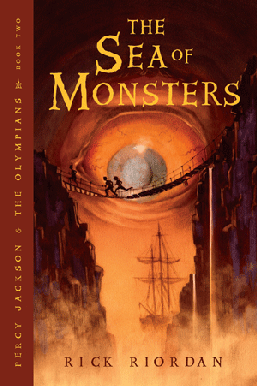PRONOMES - PRONOUNS
Pronome é a
classe de palavras que acompanha ou substitui um substantivo ou um outro
pronome, indicando sua posição em relação às pessoas do discurso ou mesmo
situando-o no espaço e no tempo. Os pronomes nos ajudam a evitar repetições
desnecessárias na fala e na escrita. São divididos em:
Pronomes Pessoais - Personal
Pronouns
Os Pronomes
Pessoais referem-se a alguma pessoa, lugar ou objeto específico e são
subdivididos em Pronomes Pessoais do Caso Reto (Sujeito) - Subject Pronouns e
Pronomes Pessoais do
Caso Oblíquo (Objeto)
- Object Pronouns.
Caso
Reto (Sujeito)
Subject
Pronoun
|
Caso
Oblíquo (Objeto)
Object
Pronoun
|
|
I (eu)
|
me (me, mim)
|
|
you (tu, você)
|
you (lhe, o, a, te, ti, a você)
|
|
he (ele)
|
him (lhe, o, a ele)
|
|
she (ela)
|
her (lhe, a, a ela)
|
|
it (ele, ela [neutro])
|
it (lhe, o, a)
|
|
we (nós)
|
us (nos)
|
|
you (vocês, vós)
|
you (vos, lhes, a vocês)
|
|
they (eles, elas)
|
them (lhes, os, as)
|
1.
Os Pronomes Pessoais do Caso Reto desempenham papel de sujeito (subject) da oração:
Rachel and I
go to the park every day. (Eu e Raquel vamos ao parque todos os
dias.)
She is Brazilian. (Ela é Brasileira.)
2. Os Pronomes Pessoais do Caso Oblíquo desempenham as
seguintes funções:
a)
Objeto direto ou indireto:
Alfred loves her. (Alfredo a ama.)
b)
Objeto de preposição:
We talked to him last night. (Nós falamos com ele
ontem à noite.)
OBSERVAÇÕES:
1.
É
indispensável que se saiba claramente a diferença entre sujeito
e objeto.
We saw him
at the bookstore. (Nós o vimos na livraria.)
(s.) (o.)
He saw us
at the bookstore. (Ele nos viu na livraria.)
(s.) (o.)
|
I gave you a flower. (Eu lhe dei uma flor.)
(s.) (o.)
|
|
You sent me
a letter. (Você
me mandou uma carta.)
(s.) (o.)
2.
You é Pronome Reto
(sujeito/subject pronoun) e também Pronome Oblíquo (objeto/object pronoun).
You are a beautiful woman. (Você é uma mulher bonita.)
(s.)
He gave some flowers to you. (Ele deu flores a
você.)
(o.)
3. Em Inglês não há
omissão do sujeito como pode ocorrer em Português, salvo em raríssimas exceções
e em linguagem muito informal. No caso de sujeito inexistente, oculto ou
indeterminado, devemos empregar it, we ou they.
It is easy to play basketball. (É fácil jogar basquete.)
We speak Italian in Italy.
(Falamos
Italiano na Itália.)
|
It started to rain. (Começou a chover.)
|
|
We will go to the beach in the summer. (Iremos para a praia no verão.)
They always think I am wrong. (Sempre acham que eu estou errado.)












































